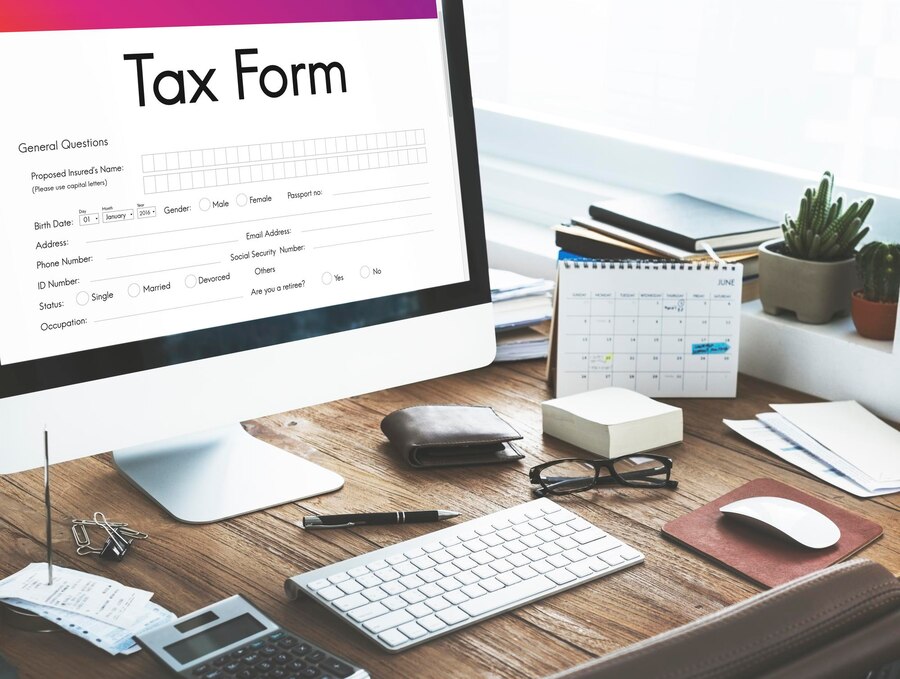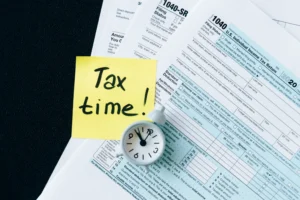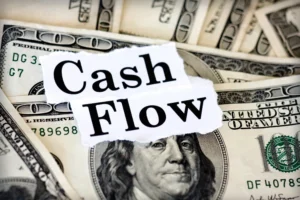
The Internal Revenue Service, often referred to as the IRS, is the federal entity responsible for collecting taxes from US residents with varying income sources. It uses the 1099 form for tax return from individuals including business owners, self-employed lot or those into freelancing and gig work etc. The IRS categorizes the various types of Tax forms as information returns. These forms are meant for reporting different payment types you may receive except what a company may offer you as remuneration.
When filling out the tax form online, one has to document payments received from businesses or individuals who cannot be categorized as the employer. The payer typically fills the form with data and sends copies to both the recipients and the IRS. The payer has to use the apt type of 1099 tax form. In most instances, tax forms are meant to be sent by January 31st of a year but the deadline can be up to Feb 15th, in some cases. As you receive such a tax Form, It is necessary that you report the income made on the tax return, and utilizing tax preparation outsourcing services can help ensure that all income is accurately reported.
Some examples of 1099 form recipients
You may receive a tax form for tax return under the following situations:
When you receive $600 or more through nonemployee compensation from someone who is not an employer, you get a Form 1099-NEC. This may happen if you make some income through freelancing as well.
In case you received a local or state tax refund last year, you may get the Form 1099-G.
If you earn $600 or above through royalty payments or rent, you will get a Form 1099-MISC.
Who can send 1099 tax forms?
Based on the type of non-job income you make in a financial year, you can get a tax form from clients, contracting agencies, and certain govt and non-govt organizations.
Timeframe for filing the Tax forms
As it is, different tax forms have different due dates. In the case of Form 1099-NEC, used for freelancers and independent contractors, the due date is January 31st. The same is applicable for many other tax form variants. However, 1099 form senders mailing the paper form have a deadline of February 28th for submitting to the IRS. For tax e-filing, they have the time until March 31st. To learn more about selecting the right tax preparation service, see How to Select the Right Tax Preparation Service for CPAs.
The different types of Tax forms
The most commonplace variants of 1099 tax forms are the 1099-NEC: Nonemployee Compensation and 1099- MISC: Miscellaneous Information.
Before 2020, the IRS resorted to using Form-1099 MISC to file nonemployee compensation. After 2020, it brought back the 1099-NEC Form to track and file self-employment income. However, the 1099-MISC is still in effect to report other kinds of miscellaneous income.
Other types of IRS forms are:
1099-DIV:
Dividends and Distributions
1099 – B:
Proceeds from Broker and Barter Exchange Transaction
1099 Form – A:
Acquisition or Abandonment of Secured Property
1099-C:
Cancellation of Debt
1099-K:
Payment Card and Third-Party Network Transactions
1099 form -Q:
Payments from Qualified Education Programs (Under Sections 529 and 530)
1099-S:
Proceeds from Real Estate Transactions
What to do when I do not receive a 1099 form?
Ultimately, you are responsible for clearing taxes from all your sources of income. yet, if you do not get a 1099 tax form from a payer, contact him/her to avoid getting an IRS penalty bill afterward. you may want to consider using Outsource Tax Preparation Services in USA & India to help ensure that all your income is properly reported and taxes are filed correctly, even if you haven’t received the necessary forms.
Why seek the services of accounting outsourcing firms for tax form submission?
Tax forms such as the 1099 tax form may seem perplexing at times. You may find it hard to fathom what type of tax form you need to file, based on your type of non-employment income. The same issue can put some payers in doubt as well and they may wonder how to fill out a tax form aptly. In such situations, resorting to the services of ace accounting outsourcing firms can be really useful. Therefore, These firms have the expertise to guide you in filing IRS forms in the apt way. so, You can be assured of filing these forms without anything missing or any deficits.
Summing it up
Filing the 1099 form is a necessity for those who make income from sources other than employment. It is also a requirement for firms and people offering contract–based work and assignments to freelancers and self-employed lots. For both such payers and their recipients, filing the tax form is a must. business accounting firm in usa offering 1099 Outsource services can be bliss for them.
Related Articles
How Clean Books Save Time and Avoid Last-Minute Tax Hustle
Running a small business comes with a long to-do list,...
Read MoreBookkeeping for Liquor Stores and Convenience Stores in the USA
Running a liquor or convenience store in the United States...
Read MoreThe Future of Work: How Remote Collaboration Impacts Accounting
With the changing workplace, the accounting industry is experiencing a...
Read MoreHow Outsourcing Bookkeeping Helps Improve Cash Flow Management
Cash is the lifeblood of any business. When it’s well-managed,...
Read More




Informative Blog
Thanks